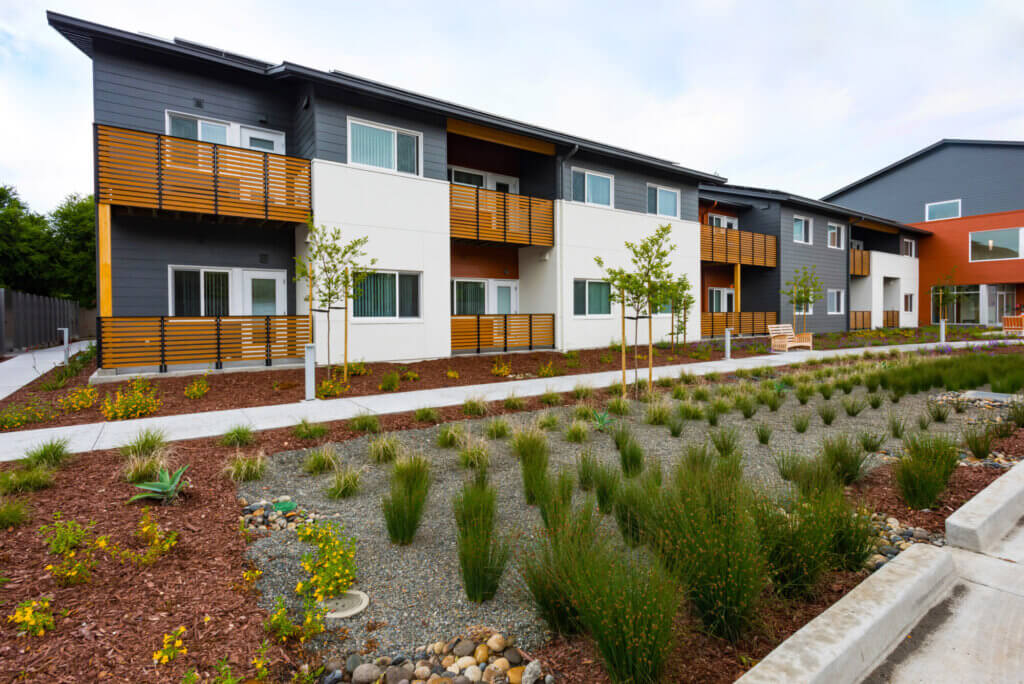Recession and Recovery
Published On September 9, 2020
The Terner Center published a new analysis highlighting the critical role that housing assistance plays in ensuring long-term economic security and mobility for lower-income households.
The study offers a unique window into how lower-income households have fared through economic decline and growth and a compelling argument for continued investment in affordable housing and rental assistance in the context of the current COVID-19 pandemic and recession.
Using a longitudinal dataset from Eden Housing, one of California’s largest affordable housing developers, the analysis is believed to be the first to track changes in the incomes of residents living in Low-Income Housing Tax Credit-funded properties over time.
The author finds that while the last recession dampened residents’ incomes considerably, California’s economic expansion resulted in significant wage gains. Yet most of these gains were concentrated among residents making more than $40,000, and for those households making less than $25,000, incomes declined in the last recession and have never fully recovered.
The study also finds that local housing costs outstrip even what households experiencing income gains can afford. California’s failure to build sufficient housing, particularly moderate-income housing, prevents households from moving up the housing ladder and stops affordable units from cycling back to other lower-income households in need.
The analysis underscores that policymakers’ top priority in the response of the pandemic and recession should be taking assertive action to keep renters, including those living in subsidized units, in their homes. But in the long term, there is also a clear need for a broader housing policy framework that offers long-term stability and upward mobility, by expanding HUD’s housing assistance programs, prioritizing the construction of moderate-income housing through zoning reform and policy incentives, and building affordable housing in places that maximize the benefits to residents, among other targeted programs.
To read the findings and more policy recommendations from the analysis, visit the Terner Center’s website here.





